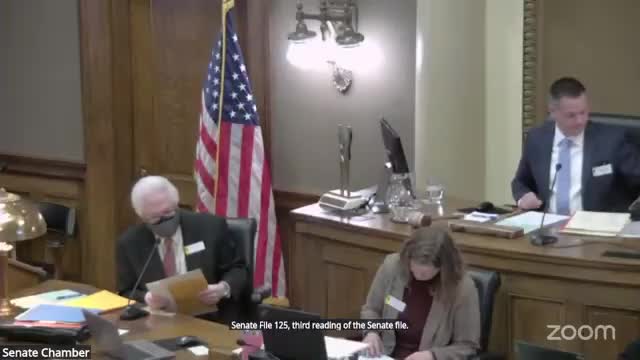Article not found
This article is no longer available. But don't worry—we've gathered other articles that discuss the same topic.
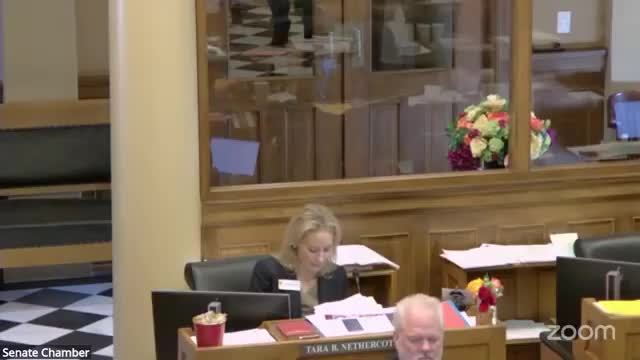
Votes at a glance: bills the Senate considered Feb. 12 — consent items, referrals and final actions
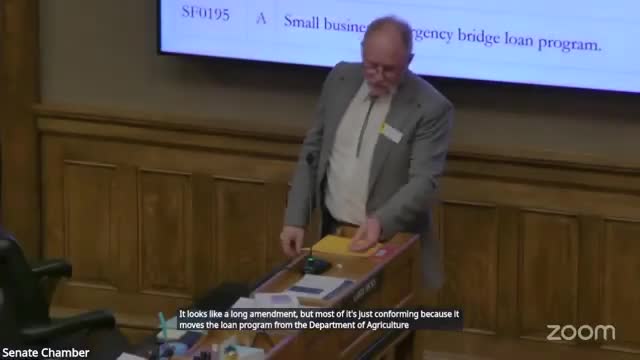
Senate moves small‑business emergency bridge loan program to State Lands, lowers maximum loan and funding; amendment passes
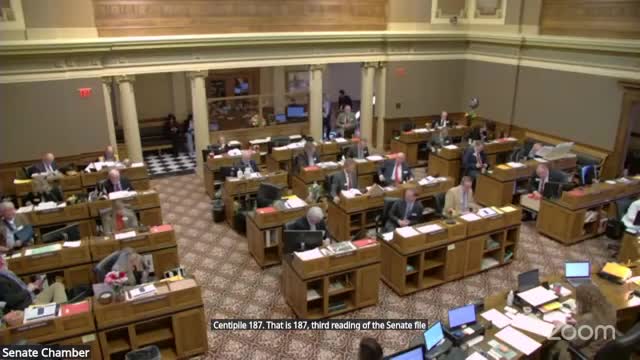
Senate approves quarter‑point increase in public employee contributions to bolster retirement fund
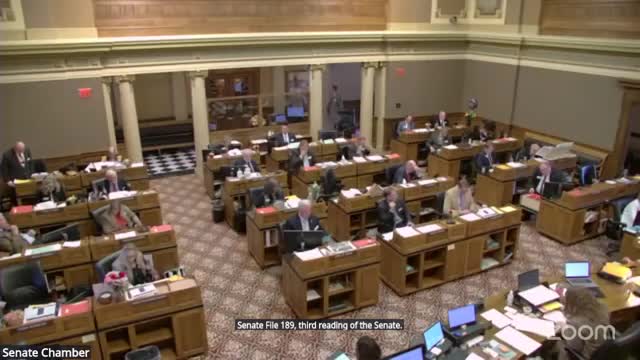
Senators debate UCC changes for securities; bill fails after concerns from legal experts
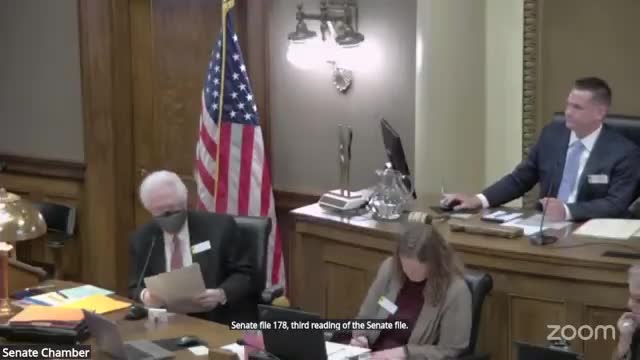
Senate rejects bill on mandatory early‑grade retention and reading interventions after extended debate
